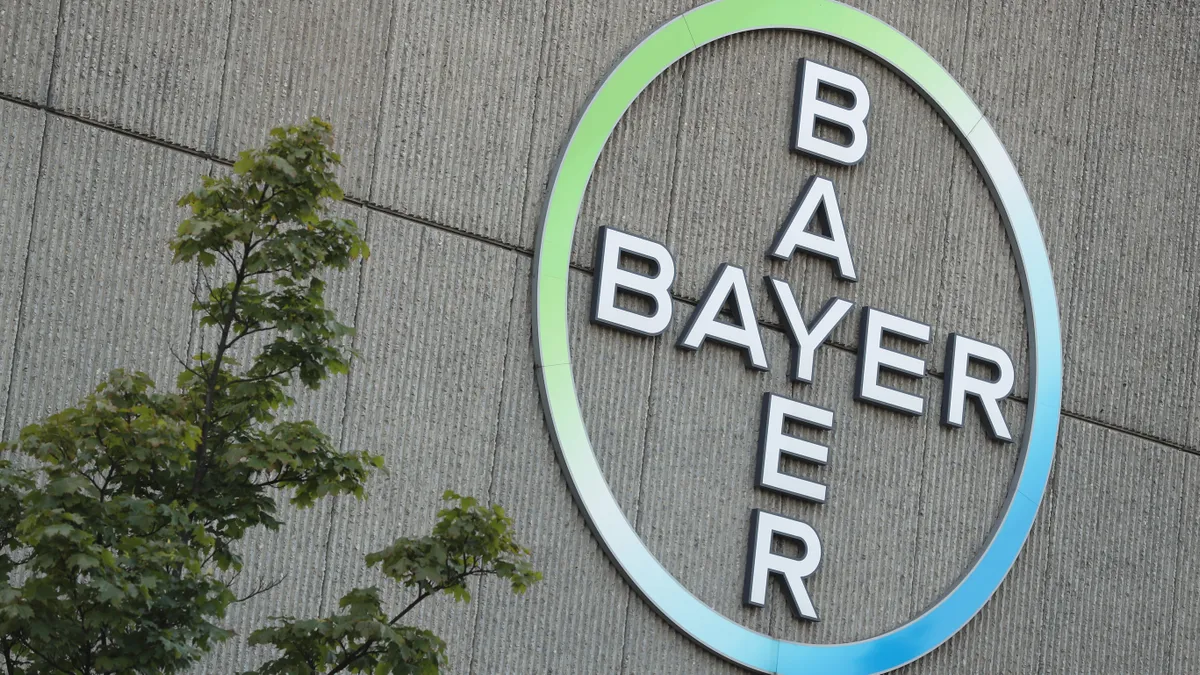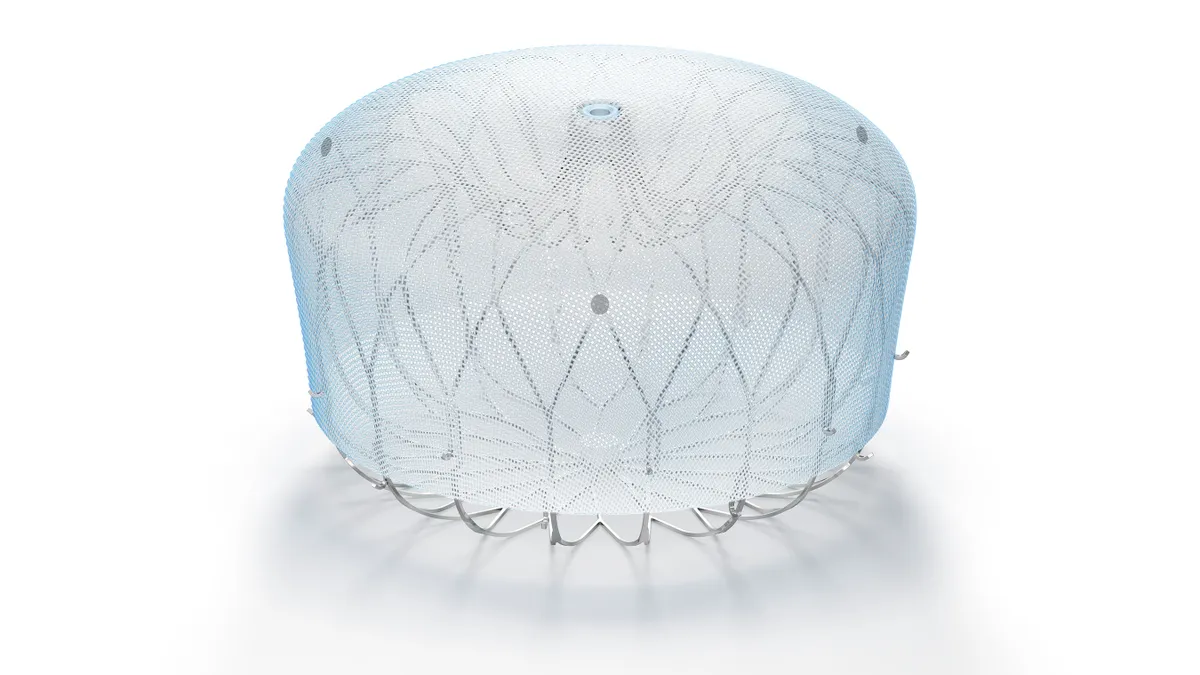Dive Brief:
- Bayer has formed a multi-million-dollar distribution and marketing partnership with the digital therapeutic developer Mahana Therapeutics.
- San Francisco-based Mahana received de novo clearance for a prescription digital therapeutic designed to reduce the severity of irritable bowel syndrome symptoms in 2020 and raised $61 million the following year to develop new products.
- The agreement positions Bayer to support the commercialization of Mahana products as part of its push into digital health, which was boosted earlier this year by the creation of a new business unit.
Dive Insight:
The deal comes during a difficult financial period for prescription digital therapeutics companies. Pear Therapeutics, an early leader in the space, filed for Chapter 11 bankruptcy in April after failing to turn its clinical and regulatory successes into a sustainable business. The loss of a leading player intensified doubts about the profitability of the space at a time when investors are pulling back from digital health.
Against that backdrop, Bayer set up a new unit within its consumer health unit to bring “evidence-based precision health products” to market. Bayer said the unit would work with “startups and other digital health providers” and has now followed through on that statement with the Mahana deal. The companies declined to disclose the dollar amount of the agreement.
In a statement, David Evendon-Challis, the head of R&D and chief scientific officer at Bayer’s consumer health division, called digital therapeutics a “perfect addition” to the product portfolio that “tap into new tech-savvy consumers looking for drug-free treatments.”
Other drugmakers have gone down the digital therapeutic path before Bayer, only to change course after spending time in the space. Sandoz, a part of Novartis, struck a deal to distribute Pear’s substance-use disorder treatments but pulled back from the partnership in 2019.
Heiko Schipper, president of Bayer’s consumer health division, outlined why his team is now pushing into digital health earlier this month.
“We know that science-based self-care always starts with informed and empowered decision-making, and digital technologies offer limitless opportunities to remove these barriers to credible, personalized health information. It is for this reason that we created a specialized precision health unit in our organization, to really focus on this space,” Schipper said on a quarterly conference call with investors.
Schipper highlighted Bayer’s partnerships with Ada Health and Huma as examples of how the company is expanding into digital health. Bayer partnered with Ada to integrate a symptom checker into its product websites and worked with Huma to create an online tool for assessing cardiovascular risk factors.










